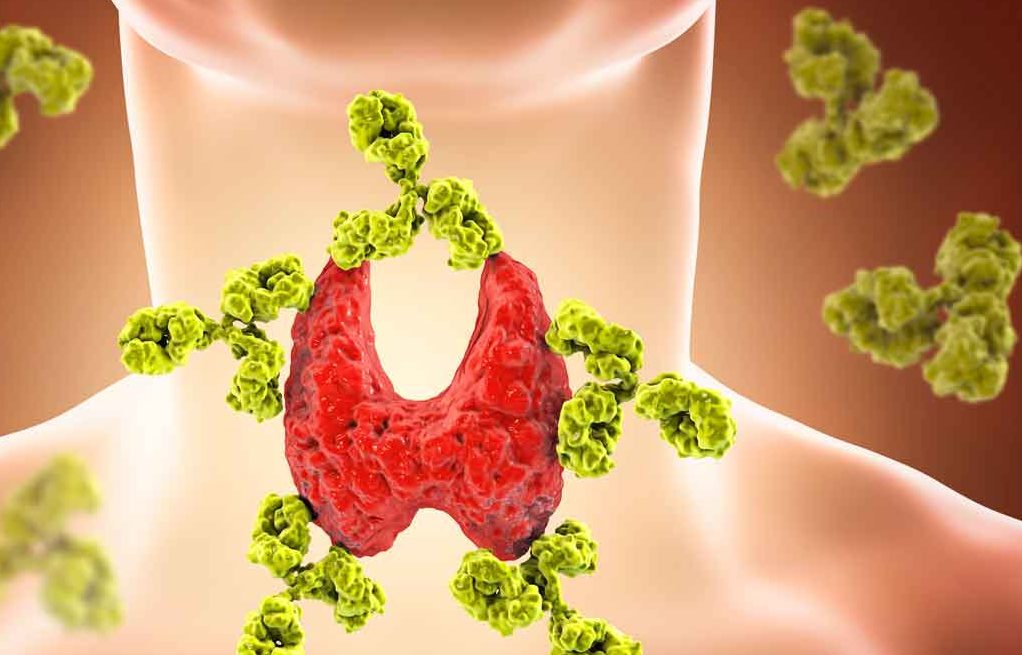Hypothyroidism Symptoms

Hypothyroidism symptoms include weight gain, dry skin, and forgetfulness. Learn the signs of low thyroid and why testing for the condition is important.
Your thyroid is a butterfly-shaped endocrine gland located in the lower front of your neck. It produces hormones that are released into your blood and carried to tissues throughout your body, where they impact almost every organ.
Normal levels of thyroid hormones help regulate body temperature and metabolism, influence the normal functioning of your brain, muscles, and other organs — and even how your heart beats.
If your thyroid hormones drop significantly to lower than normal levels, you have a condition known as hypothyroidism. Signs of hypothyroidism develop gradually as certain physiological functions slow down, and they may not be obvious for months or even years.
Understanding hypothyroidism symptoms can help you recognize signs of the condition, so you can report them to your doctor.
YOU MIGHT ALSO LIKE: Symptoms of Thyroid Problems
Who develops hypothyroidism symptoms and why?
Hypothyroidism is not uncommon. Almost 4.6 percent of Americans age 12 and older have the condition, according to the National Institute of Diabetes and Digestive and Kidney Diseases (NIDDK). Women are much more likely to have hypothyroidism than men; the risk increases for men and women who are 60 or older.
Most cases of low thyroid are mild, and there’s no known explanation for why the condition develops in many people, although hypothyroidism does run in families.
Aome known causes for the condition include the autoimmune disease Hashimoto’s thyroiditis and radiation treatment to the thyroid, neck, and chest. Other risk factors include:
- Thyroid surgery
- Type 1 diabetes
- Recently being pregnant
- Lupus
- Rheumatoid arthritis
- Pernicious anemia (vitamin B12 deficiency)
Some hypothyroidism symptoms may surprise you
If you are middle-aged or older, develop a “spare tire” around your middle, and feel more tired than usual, you may chalk those changes up to simply aging. But weight gain and fatigue may be hypothyroidism symptoms.
If your thyroid is underactive, you can feel unusually chilly, your skin can be dry, and you may worry about becoming more forgetful and even depressed. Hypothyroidism can also contribute to high cholesterol levels.
Other hypothyroidism symptoms, which can vary from person to person, include:
- Joint and muscle pain
- Chronic constipation
- Slowed heart rate
- Abnormal enlargement of the thyroid gland (goiter)
- Decreased perspiration
- Thinning, dry hair
- Heavy or irregular menstrual periods
- Fertility problems
Adults are far more likely to have low thyroid problems, but children can also develop hypothyroidism, the American Thyroid Association points out. In addition to the same symptoms grown-ups experience, parents should be aware of slowed height growth and delayed puberty in teens.
What to do if you have hypothyroidism symptoms
Because the signs of low thyroid are non-specific and variable, there’s no way to know whether you have hypothyroidism without being tested with a simple blood test that measures TSH — thyroid stimulating hormone.
Although it is very rare, untreated and severe low thyroid levels can lead to a life-threatening form of hypothyroidism called a myxedema coma.
The good news is most hypothyroidism is fairly mild. Taking a daily dose of the thyroid hormone thyroxine can be relieve and control symptoms.
If you are diagnosed with low thyroid, make sure to tell your family members and encourage them to have periodic TSH tests; they are likely at an increased risk for hypothyroidism.
YOU MIGHT ALSO LIKE: What Are the Signs and Symptoms of Thyroid Cancer?
Updated:
September 27, 2023
Reviewed By:
Janet O’Dell, RN